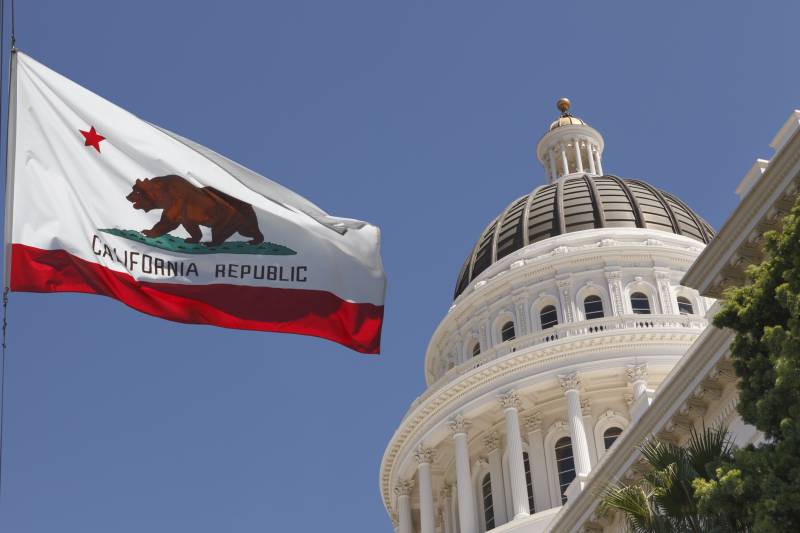Here is a look at the laws that have just gone into effect:
You can’t be fired for smoking weed at home
Some drug tests don’t determine if a person is high, but only if that person has used marijuana at all in recent days. California lawmakers thought it wasn’t fair for companies to punish workers for failing these drug tests, especially since recreational marijuana has been legal in the state since 2016.
A new law, which was passed in 2022 but takes effect this year, says companies can’t punish workers for failing these types of drug tests. There are exceptions for construction workers and companies that must conduct drug tests as part of federal contracts.
A tax increase for higher wage earners
California has a short-term disability program that pays people who cannot work because of a non-work-related illness, injury or pregnancy. A 1.1% tax on wages funds the program. In the past, this tax only applied to wages below a certain amount, about $153,000 in 2023.
But starting Jan. 1, a new law, which was passed in 2022 but takes effect this year, eliminates the wage cap. People who make more than $153,000 annually will subsequently pay a 1.1% tax on those wages.
Protections for abortion pills
Abortion is now illegal in 14 states after the U.S. Supreme Court overturned Roe v. Wade. But doctors and pharmacists in California who mail abortion pills to patients in those states will be shielded from prosecution or fines.
The law bans bounty hunters or bail agents from apprehending California doctors and taking them to another state to stand trial. It even prohibits state-based social media companies, such as Facebook, from complying with out-of-state subpoenas, warrants or other requests for records to discover the identity of patients seeking abortion pills.
Low-income housing on church land
Religious institutions and nonprofit colleges in California can now turn their parking lots and other properties into affordable housing. The new law, which helps these institutions bypass most local permitting and environmental review rules, was among several initiatives attempting to address the homelessness crisis in California.
Supporters of the law said it would serve as another tool to build much-needed housing in the state, but opponents said the law takes away local control over housing developments.
Many more housing laws are going into effect throughout 2024. Read KQED’s full guide to these new and extended housing laws.
More sick leave
Workers in California will receive a minimum of five days of sick leave annually instead of three, which they will accrue once they have been employed for 200 days.
Labor advocates say the increase will curb the spread of disease by preventing employees from working when they are sick. But opponents say the law will be another financial burden for employers and claim some workers request sick leave when they are not ill.
Community college tuition
Low-income Mexican residents who live within 45 miles (72 kilometers) of the California-Mexico border will be eligible for in-state tuition rates at participating Southern California community colleges under a new law signed by Newsom.
The measure will lower the burden for students to receive education and training to help prepare them for the workforce, advocates say. It resembles another program in the state allowing up to 200 Nevada residents who live in certain areas near the California-Nevada border to receive in-state tuition rates at Lake Tahoe Community College.

